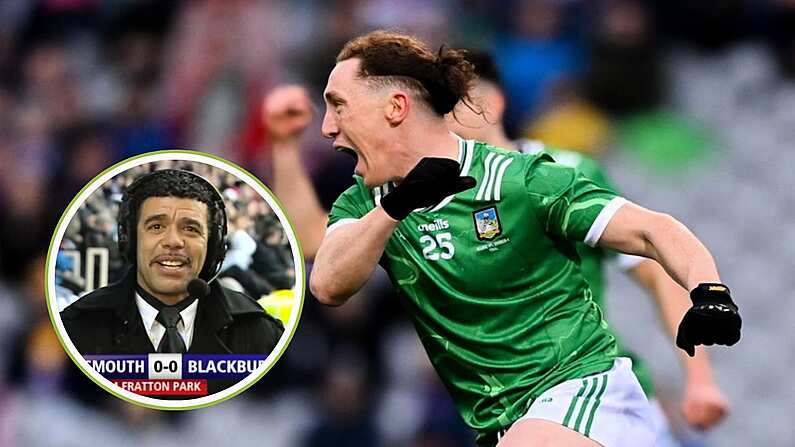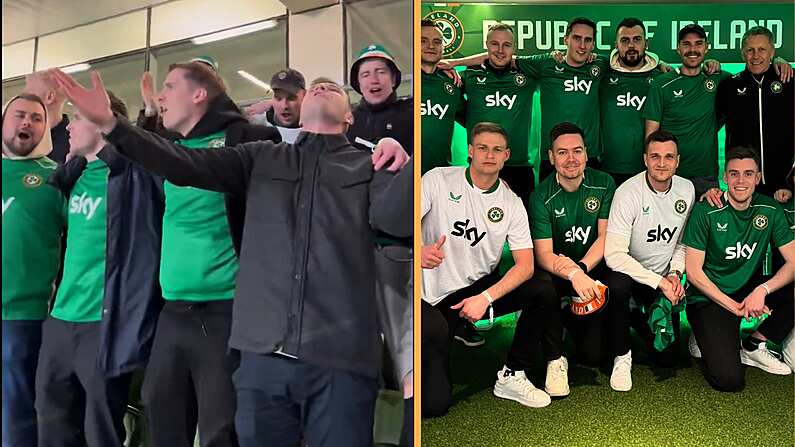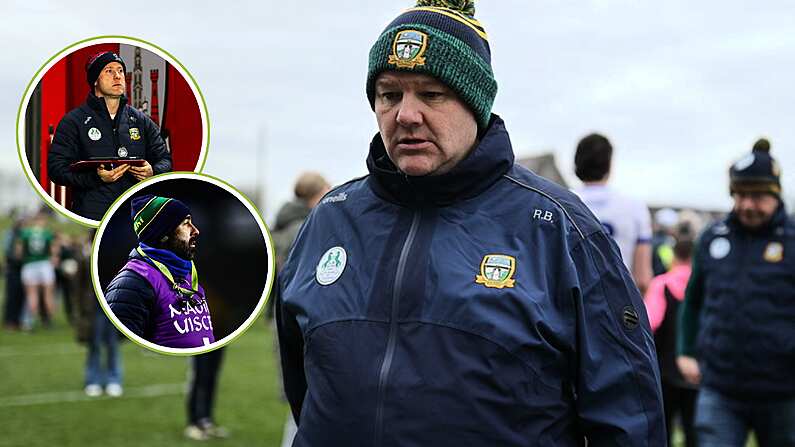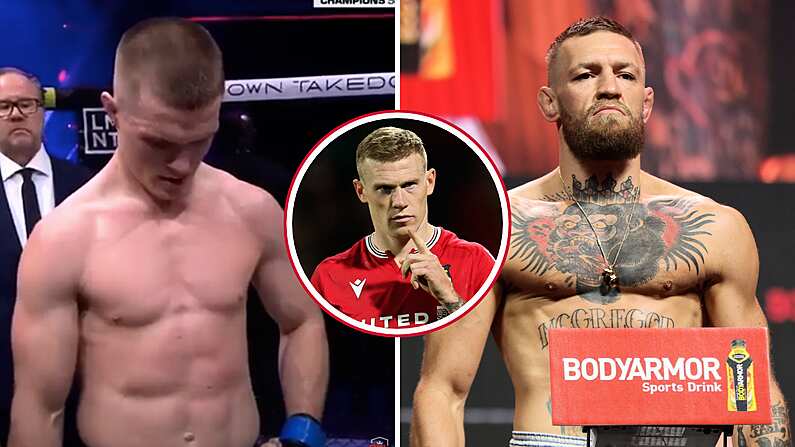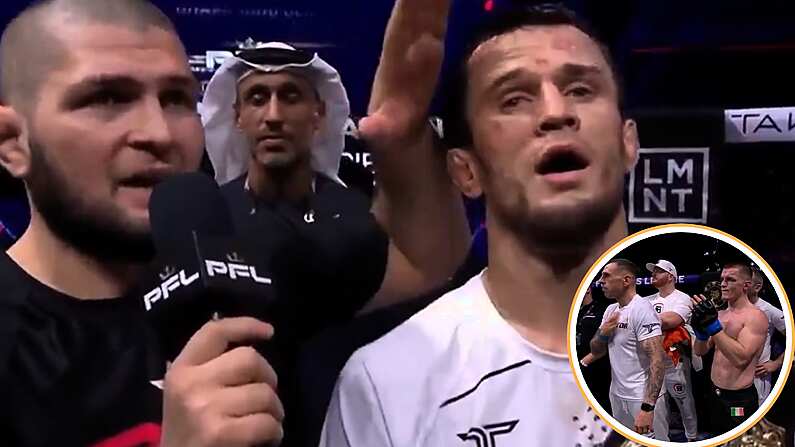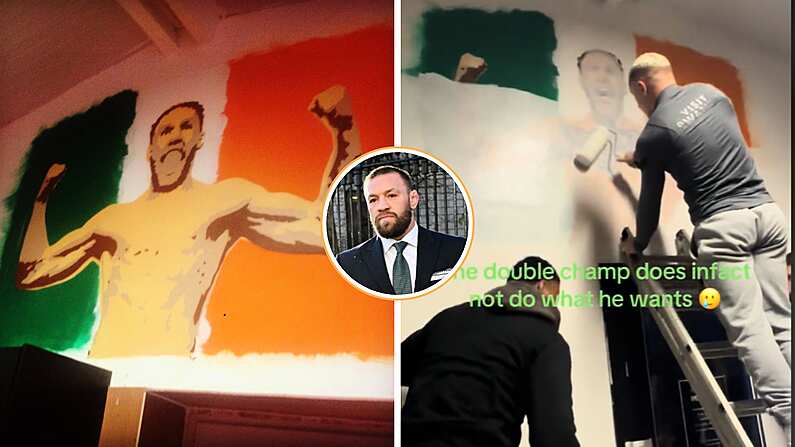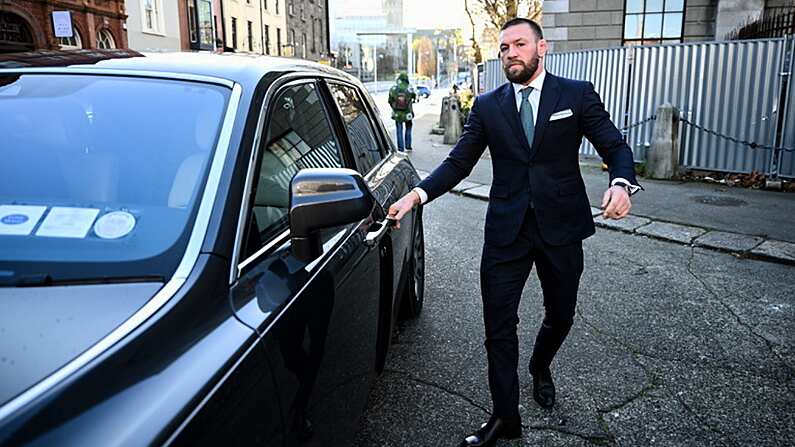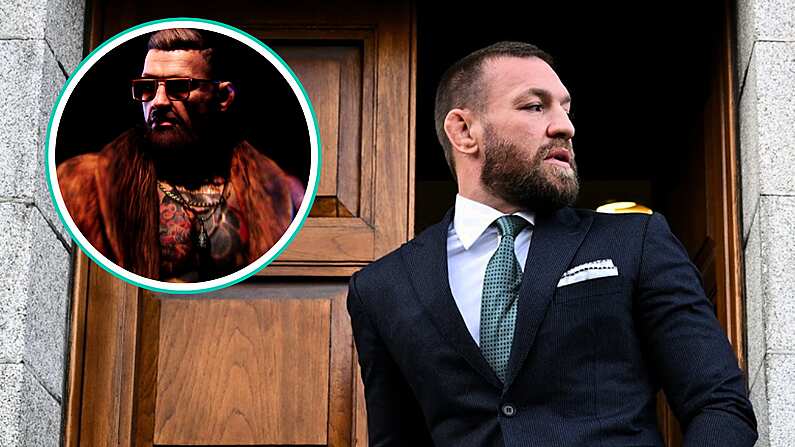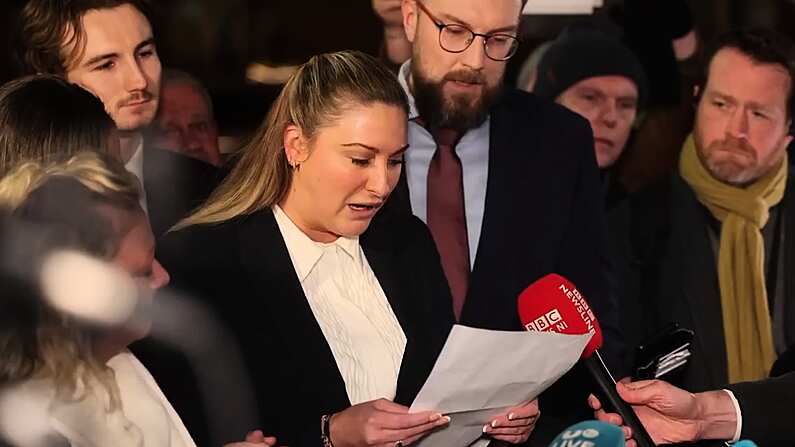For a relatively small country on the edge of Europe, Ireland has enjoyed a strangely central role in mixed martial arts recently.
Of course, a lot of that is down to the title-winning exploits of Conor McGregor but Irish MMA found itself on the front pages for all the wrong reasons last April when Portuguese fighter Joao Carvalho died after competing in an MMA bout in Dublin's National Stadium last April.
That tragic incident ignited a firestorm of controversy, ranging from MMA's status as a 'sport' to calls for it to be banned, which still rages to this day on radio phone-in shows and website comments sections.
Appearing on the Late Late Show on Friday night, John Kavanagh addressed Carvalho's death and how the darkest moment the sport has ever seen in this country could end up bringing brighter days to Irish MMA.
In all seriousness, in the situation in April with Carvalho, I have been doing this sport twenty years now and I have travelled the world both as a competitor and, of course, more recently as a coach. I have seen thousands upon thousands of fights. Never in all of the contests have I seen - you see cuts all the time, that's pretty common in mixed martial arts - but I had never seen what I would call a serious injury.
For the absolute worst case scenario to happen here was devastating. It really levelled me. We all felt it in the gym - and somewhat still do. A small positive that was sparked by that incident was that it lead to a complete overhaul for the safety requirements to get licensed in Ireland in order to be able to compete.
The first professional MMA show since then will take place on Saturday when BAMMA 26 takes to Dublin's 3 Arena and the tragedy last April has directly led to increased safety regulations for everyone who will step into the cage - a move which makes MMA events which take place in Ireland among the very safest in the world.
Steps have been made to pursue regulation with Sport Ireland, or to receive the blessing of groups like the Irish Martial Arts Commission, though a breakthrough has yet to be made. This mirrors the steps the UFC took to regulate the sport in the United States a couple of decades ago - a move which increased safety in a very direct way.
Kavanagh argues that the same thing needs to happen in Ireland.
A great organisation, BAMMA, are here and they are putting on a fantastic card. All the fighters have very stringest - in fact the most stringent in the world - medical requirements in the world to meet. Like the pro boxing, they now have to have pre-fight brain scans to make sure there are no issues.
We are going through the process of regulation with Sport Ireland. We are actually already self-imposing the kind of stringent regulations that we hope will be there in the future. We are meeting those criteria already.



